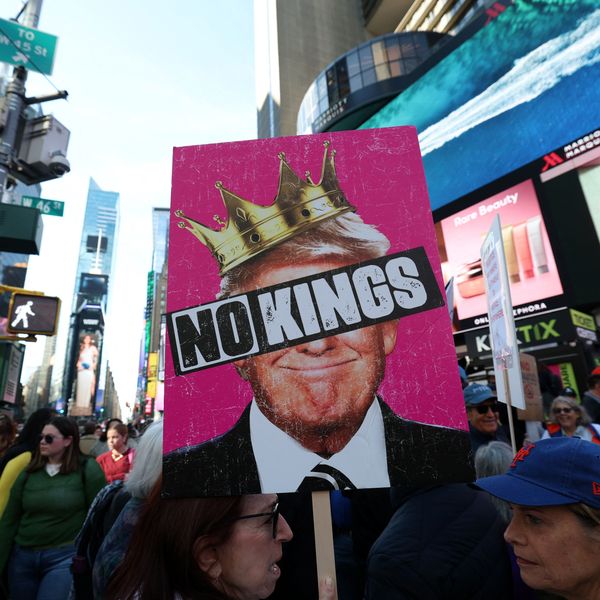Based on John Kerry's 2004 declaration that "I actually did vote for
the $87 billion before I voted against it," you could argue that the
Massachusetts Democrat is the founder of modern political flip-flopping.
By that metric, though, you would also have to acknowledge that
Kentucky Republican Sen. Mitch McConnell is the game's Michael Jordan.
As the upper chamber's GOP leader, McConnell backed the Wall Street
bailout in 2008, calling it "one of the finest moments in the history of
the Senate." A year and a half later, he was telling reporters that he
vehemently opposes bailouts of big business.
Now, just weeks after that textbook "for-it-before-against-it" feat,
McConnell and his Republican colleagues are determined to pull off a
bailout for yet another big business: the oil industry.
True, we haven't heard that word - "bailout" - during the gulf
disaster, which the government calls the worst petroleum spill in U.S.
history. But we have heard a lot about the oil industry's "liability
cap" - a synonym for "bailout."
See, someone is going to bear the huge cost of damage to
the Gulf Coast economy. The lost wages, sales and revenues will be borne
by either:
A. fishermen, motel owners and other small businesses whose
livelihoods are being choked in oil plumes,
B. taxpayers, whose cash would finance disaster aid and victims'
benefits, or
C. oil firms whose rig caused the catastrophe. In this particular
calamity, a bailout would permit C to pass off major portions of the
economic cost to A and B.
Which, of course, is precisely what existing liability caps are
designed to do.
That's right, under law, "oil companies face unlimited liability for
the cleanup costs of an offshore spill, but their liability for
economic damages to affected communities is capped at $75 million,"
reports Congressional Quarterly.
Considering the fact that oil-spill costs can far surpass $75
million, this is the old "too big to fail" idea propping up the oil
companies. Applied specifically to the gulf cataclysm, the statute
suggests that the national interest is best served by having taxpayers
and communities foot the bill for the destruction rather than having
companies like British Petroleum suffer the balance-sheet pain of paying
the full damages.
In response, Democrats are proposing sensible new legislation to
eliminate the cap and reaffirm the "polluter pays" principle. As
President Obama's associate attorney general told Congress, "We don't
think there should be an arbitrary cap on financial liability."
Yet McConnell apparently does. Appearing on "Meet the Press," the
Republican leader, who weeks ago railed on "guaranteed perpetual
taxpayer bailouts," not only refused to support eliminating the
liability cap but also warned of "the danger of taking the cap too high"
- in effect, opposing even moderately reducing the size of the bailouts
that the cap creates.
Obviously, the GOP is trying to help its oil industry benefactors
stall for time. As Sen. Bernie Sanders, independent-Vt., said in
chastising the obstructionism, "A year from now, the television cameras
will be gone, and it will be a fisherman who's trying to file a claim
and he's going to be by himself" with no means of redress.
That's the Republicans' unfortunate goal, and because of the GOP's
intransigence, prospects for the Democrats' legislation remain cloudy.
What's clear, however, is McConnell's place in the Flip-Flopping Hall of
Fame. His spectacular contortions have earned him a hallowed spot in
the building's brand new Bailout Wing.

